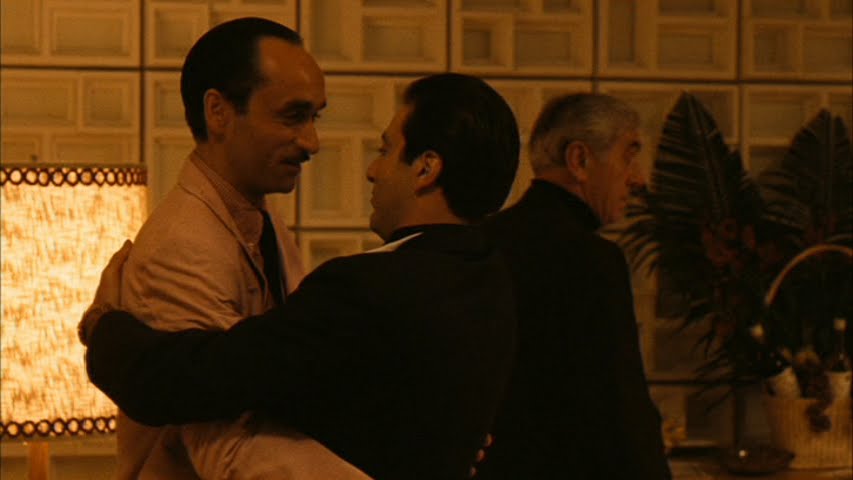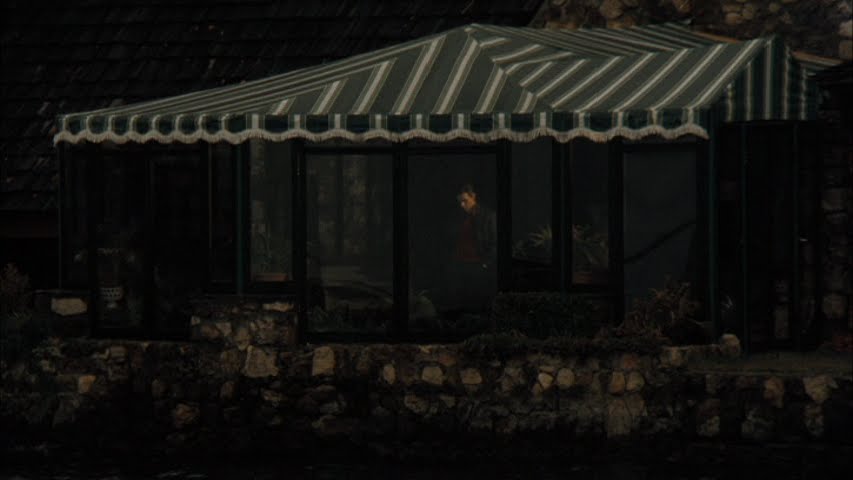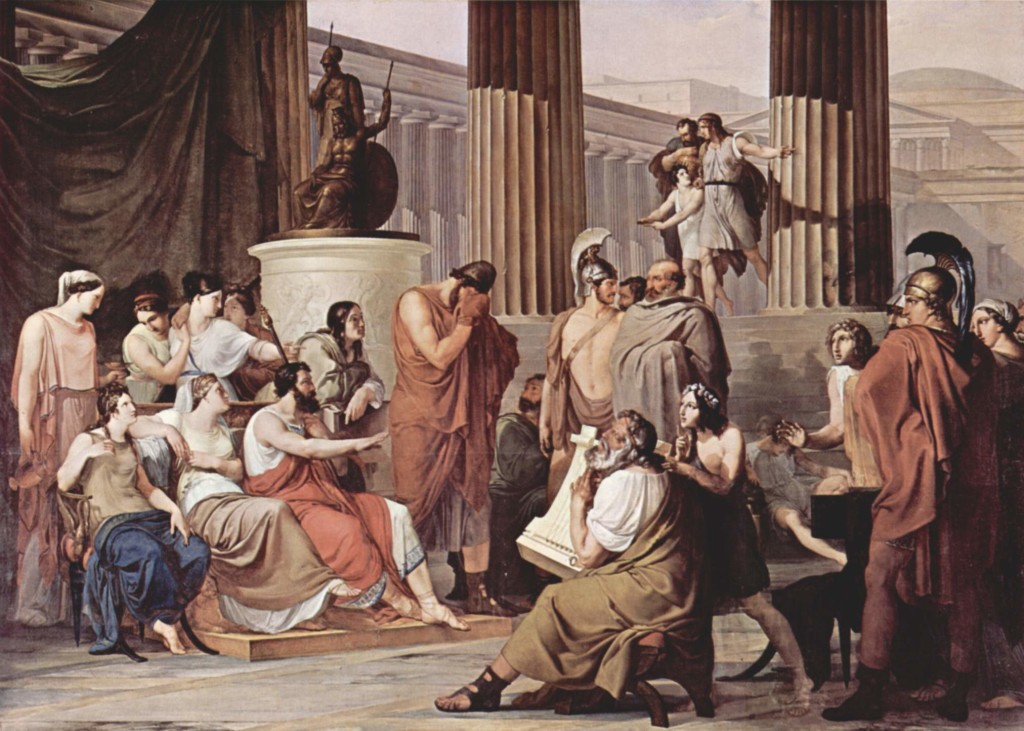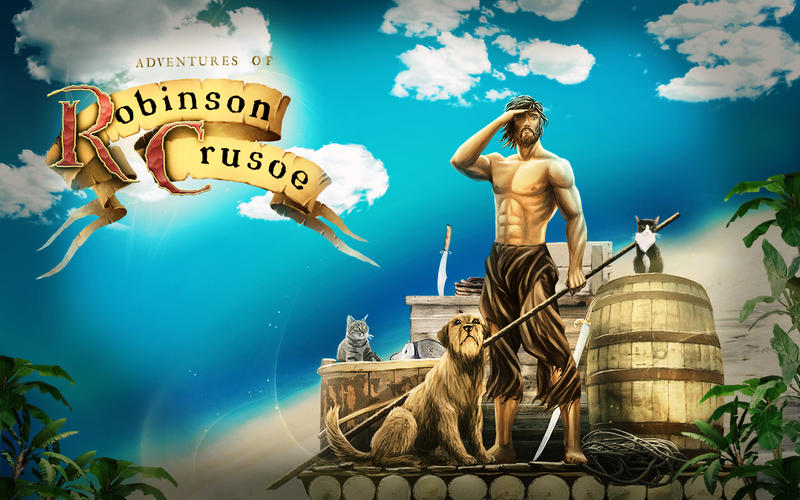Teaching & Learning Literature

Teaching & Learning Literature
REQUIREMENTS, APPRECIATIONS AND EXPERIENCES
by bunpeiris
Stories tell us how to live.
Literature being all about us, the human race; being trained upon of the tragicomedy of the lonely race with intelligent aliens yet to be found for company; being homed in on the march of folly throughout their millenniums of history; being bullseyed on the human condition, to introduce this man-made treasure trove to the next generations sans encouragement to relate to the world at large, the humanity world over, is at once a crime and a sin. It’s not merely not done [improper], it oughtn’t be done, immaterial of the circumstances.
Unless the learners are encouraged to follow the true path, literature wouldn’t serve the purpose of making the next generation consists of well-rounded characters, as Homer depicted Odysseus: a son, husband, father, warrior, orator, and patriot. They would end of being pathetic as those reignruin in the island in the stream, where princess Samudra Devi was drowned by her husband Veediya Bandara, whose blunder was in no less than that of Shakespeare’s Othello.
|
Once, while discussing Othello in a class of National AL students, my sudden turn of phrase which brought in the tragic episode of the drowning of Princess Samudra Devi by her husband Veediya Bandara. It turned out to be an emotive session with teeage learners, overwhelmed with the tragedy upon a beautiful princess, shooting questions, questioning the ferocity and sanity of her husband, probing the circumstances, genuineness of Veediya Bandara’s repentance and aging king Buwenakabahu’s forgiveness in the backdrop of military threats, local & foreign: Sitawaka Rajasinghe & Portuguese. |
The commander of the army of King Buwenakbahu [1521-1557], Veediya Bandara, the maruading all consuming battlefield fire, whose fury and ferocity had no bounds, suspecting his wife, Samudra Devi [daughter of the king] having an affair with the Portuguese captain Deigo De Silva, drowned her in Diyawanne Oya of Kotte, close to the Waters Edge, where you dined last Saturday.
Is Veediya Banadara’s love of his wife, selfish or selfless?
Is Veediya Bandara a clod or a pebble?
Same took place once again [discussing in such moments are little joys of life, with learners giving their voices to the contrasting ideas and even bringing in similar episodes from real life, newspapers and novels] in once with a class of Cambridge OL learners while discussing the poem “The Clod & the Pebble“, symbolising human love, the both versions, i.e. selfless love and selfish love in those commonest beads of nature.
Othello, the commander of the Venetian army, of advanced years and of Moorish origin elopes with Desdemona, the beautiful daughter of a respected Venetian senator. After being deployed in Cyprus, against the invading Turks, Othello is manipulated by his comrade in arms, friend in life, Iago, into believing Desdemena of having an affair with his lieutenant Cassio. Othello smothers her with a pillow, murders her and repents. And upon discovering Iago’s deceit, Othello kills himself.
Is Othello’s love towards Desdemona selfless or selfish?
Is Othello a clod or a pebble?

The ultimate movie trilogy, Godfather brings to us paradox of his life: death is the means of preserving family. We know that naive Fredo is the accidental traitor in the Corleone family long before Michael does. It’s not certain if Fredo knew how detrimental his betrayal would be: an attempt at murdering his brother together with his wife and children.
Connie, whose husband had already been killed, on the orders of Micheal, for the betrayal of their elder brother Sonny, knew, following the death of their mother, a decision would be made on the unthinkable. “You were just being strong for all of us, the way Papa was. And I forgive you.” She shakes her head. “Can’t you forgive Fredo?
As Fredo prays for hail Mary, Neri, Micheal’s capone shoots him in the back of his head, killing him; Michael watches from afar in his den.
Its lonely up their on top: to preserve your family, you must have your brother-in-law and you own brother murdered. Micheal would live with his guilt till his death in Palermo, Sicily, in a heart attack.
Is Don Micheal Corlene’s love his family selfless or selfish?
Is Don Micheal Corlene a clod or pebble?


The ultimate epic poem of the world, Mahabharata reveals the whole spectrum of the human condition:
You are welcome, my son, what can I do for you?
Grandfather, tell us how to kill you.
I have made vow never to raise my arms against a woman or man born a woman. In your great army is captain Shikandi, who was born woman. Spur him to lead the battle tomorrow against me. My son, Arjuna may make his steadfast stand right behind him; against me. Confronted by Shikandi, in line with my vow, I’ll laydown my arms. Then my son, my grand nephew Arjuna may kill me.
Is Bhishma’s love towards his grand nephews selfish or selfless? Is Bhishma clod or pebble?
Is Bhisma clod or pebble?
Written by bunpeiris

Cambridge examinations, in no uncertain terms demands a “sensitive and informed personal response” from the learners sitting at the Literature examinations. Such is the requirement, Cambridge made a move to scrap the teacher Resources for ‘Literature in English:
CIE mo longer offer Notes for Teachers because the Principal Examiner for Component 1 of the 0486 syllabus observed that it was leading some Centers to adopt a rote teaching style, contrary to the ‘Cambridge Learner’ values which Cambridge International Examination promotes, and which prevented candidates from being able to adequately demonstrate AO4 (‘communicates a sensitive and informed personal response to literary texts”) of the Assessment Objectives. Frequently, examiners were seeing the content of the Notes for teachers repeated verbatim by candidates for some Centres between the quality of the answers for Paper 1 and those for the Unseen-where the more spontaneous nature of the responses often resulted in far more meaningful and insightful and engagement with the text.

Having heard from Cambridge, should we lend our ears to an Asian neighbours too. Here lands Singapore. Singapore Examinations and Assessment Board on Singapore Cambridge OL English Literature encourage the learners to make Meaningful Connections. Singapore says:
[3]Teachers will:
* guide students to explore connections between literary text and students’ own lives, the rest of the world and the other texts; and
* encourage a love of literature through providing opportunities for students to engage with a wide range of literary texts across the three genres of prose, poetry and drama, set and written in different contexts and from various parts of the world.
 Sri Lanka‘s President, The Hero of Modern Sri Lanka, Don Percy Mahendra Rajapakse worships his motherland. Sri Lanka‘s President, The Hero of Modern Sri Lanka, Don Percy Mahendra Rajapakse worships his motherland. |
|
|
A well-rounded man: a son, a husband, a father, a warrior, an orator, a leader & a patriot
|
|
Reader Response Approach
Cambridge examinations’ requirement of “sensitive and informed personal response” is based upon the Literary theory called ” Reader Response Approach“. Reader Response Approach encourages and expects readers to negotiate and construct meaning through interaction between their background knowledge and the text.
Proponents of this approach belive that the reader should not be eliminated as a thinker or authority in the reading classroom. Rather, the reader should produce, both orally and in writing, these personal responses about the text being read. These personal responses are viewed as the connection between the reader and the text, irrespective of the teacher and the literary critic.
Furthermore, the requirement of “sensitive and informed personal response” has been repeated in the Cambridge International Examinations Literature In English [2010/01] & [2010/2] Mark Schemes:
Sustains a perceptive, convincing and relevant personal response
Singapore Examinations and Assessment Board on Singapore Cambridge OL English Literature goes on outlining the Principles of Literature Teaching & Learning:
[1] Personal Engagement
Teachers will:
* create a positive classroom environment where literary texts are discussed, enjoyed and
valued; and
* structure classroom interaction to enable students to:
– engage with texts;
– develop individual responses to texts; and
– share and evaluate different viewpoints and perspectives.
[2] Critical Appreciation
Teachers will:
* model the use of key skills for critical appreciation of texts; and
* provide specific feedback to guide students in developing critical responses that are
substantiated by textual evidence.
However, in the learning and teaching process, the teachers bent on making the learners amenable to this concept are bound to come across resistance from their own schools. Furthermore, the learners already sunk in learning works of literature in isolation, if the pathetic practise , could be called so, might be marooned for a while. But then a helping hand could throw a life-line. Following is a true case in point; only the names are fictitious. [follow the link for the complete article]
Master Nobody: Tell me, doesn’t the song sing the same plea that the poet let flow? Don’t they seem to sing from the same sheet of hymns?
Student Zaka: It seems to sing of the same, sir.
Master Nobody: Then, why do you say, irrelevant content are brought into the discussion?
Student Zaka: In this case, poem and song seems to sing of the same theme.
But when you bring in Mahabaratha into a lesson, we find it hard to follow. We guess it is not relevant.
Master Nobody: Now, if you find a quote from Mahabharata is irrelevant, if you see an episode from Mahabharata isn’t of any value in a discussion in literature, you have failed to see that literature is all about us: how we must live. See, Zaka, as the street story teller told Scheherazade, the narrator of 1001 Arabian nights, the stories tell us how to live.
As such, let noble thoughts come to us from every side. bunpeiris
Tangient LLC TES: a network of teachers in the world says:
Literature in English GCE Ordinary Level
Values
The study of Literature in English can be an effective means for students to explore moral and social issues.Moral Issues
• Via the study of literary texts, students explore the human condition and are able to better understand their own existence and values in relation to society;• Literature addresses a wide range of psychological and social issues. At the heart of literary works are issues of conflict and a range of human desires that contribute to such conflict; and
• Such exposure will encourage an understanding of moral and ethical issues, prompting students to develop an awareness of the world they live in.
Social Issues
• The study of Literature in English encourages students to explore literary contexts that promote an awareness of social factors that influence people; and• Literary works provide an effective way for students to appreciate and understand the different aspects of human nature, values and perspectives.
https://ngboonpin.wikispaces.com/file/view/literature.pdf
Following is an extract from the latest Student Guide titled “A/AS Level English Literature B for AQA Student Book (A Level (AS) English Literature AQA)” composed by International Edition, June 4, 2015
Literary Interpretation
The teachers ought to be receptive to the interpretations by the learners so far as same can be supported with evidence found in the texts.
Texts can be interpreted, then, in a number of different ways-including ways that their authors might not have intended, and that they might never have imagined.
The interpretations you put forward might not be right or ‘wrong’, but they always have to be carefully argued, supported and evaluated.
And remember, too, that you don’t necessarily have to decide between different interpretations you can hold them in your mind simultaneously. Indeed, many people would say that the potential to ‘play around’ with multiple interpretations of texts is one of the things that makes the study of English literature so fascinating.
Daniel Defoe’s Robinson Crusoe may well be another adventure story to most of the readers. But then it can be easily interpreted in numerous ways:
[a] A Puritan spiritual autobiography
[b] A depiction of struggle between man and nature
[c] An illustration of homo economicus that can be stretched to capitalism
[d] The tale of human need to live amidst its own race: human
[e] Relationship between master and slave that can be extended to imperialism
[f] Crusoe’s individual independence, which makes him survive
[g] Humanity’s dependence upon Providence, which helps Crusoe to survive.
[h] The human longing for ownership: owning the whole of island and its products that can be stretched to colonialism

Literary criticism
During the course, you will encounter critical ideas and theory in the form of literary criticism doesn’t involve saying what is wrong with the literary texts. What it does involve is literary analysis: writing (and talking) about literature, developing interpretations, looking at the men, language and imagery, exploring connections between the text and the authors, and considering the ways in which texts are influenced by the contexts in which they’re written.
Examining a text through the lens of critical theory [not required for OL], with aim of ascertaining deeper meaning demands a sound background of literary theories and competence in application. The fairy tale od Little Red Riding Hood is an ideal begining since it can be easily viewed through most of the important lenses: Pre-critical;Formalist; Mythological/Archetypal; Psychological; Feminist; Marxist; Historical.
FROM THEORY TO PRACTICE
Mellor, B., & Patterson, A. (2000). Critical practice: Teaching “Shakespeare.”
Students should be encouraged to reflect critically on the nature of the activity in which they are engaged rather than merely engaging in it. When studying literature, this means having students not just read, but also think about how they are reading a text and the reasons behind divergent interpretations by different critics and readers of the same character. What are the contexts, social factors, personal biases, etc. involved in the shaping of interpretations?
Instead of attempting to ascertain correct interpretation, it may be more productive to discuss with students howeach of the interpretations was constructed and for what purposes and what makes them valid within a particular context.
There are alternate approaches to reading great works such as Shakespeare’s Hamlet beyond the traditional model’s implicit view that great literature is a slice or reflection of life. Rather, literature is written and read in particular places and at particular times in ways that endorse particular values and beliefs about the world.
Modern social views and values often clash dramatically with those of the time when, for example, Hamlet was written. Negative reactions from modern readers are common and can create hostility towards some classic literature. Asking students to examine cultural context to understand characters who seem antiquated, racist, or bizarre by modern standards analysis is valuable and necessary for deeper understanding of literature.
Through these alternative approaches, students can develop greater consciousness of the processes involved in reading and writing. Examining great works of literature and the myriad and varied interpretations of such can lead to a stronger understanding of the influences that affect these disparate and conflicting interpretations.


